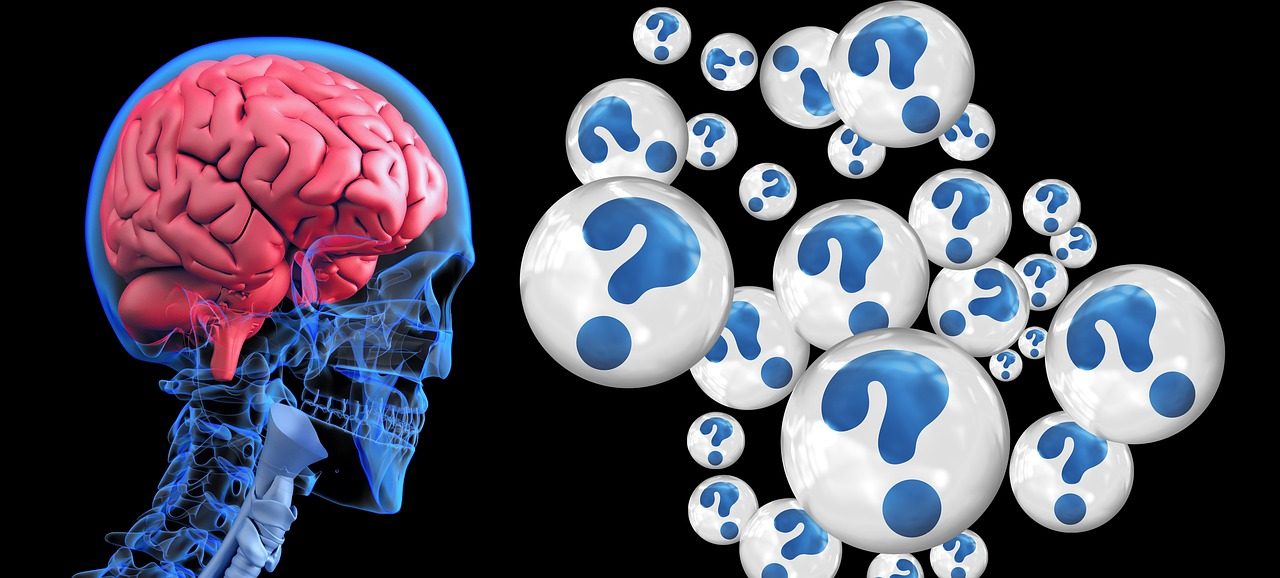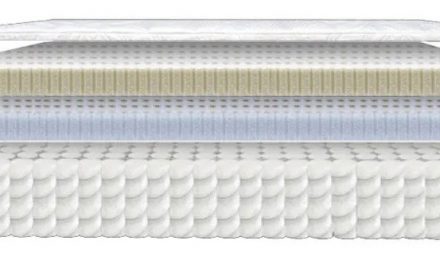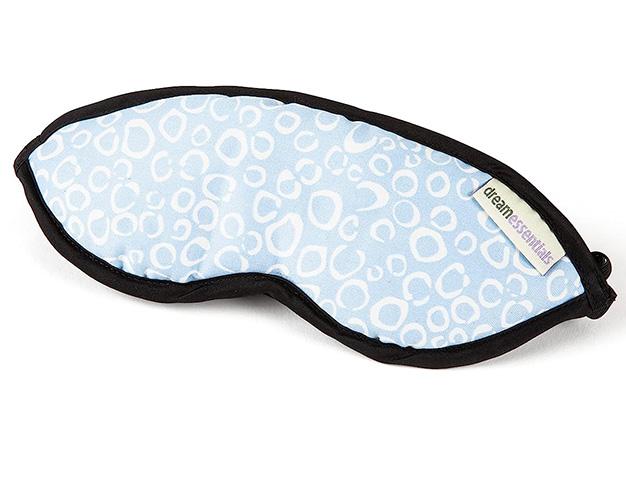Table of Contents
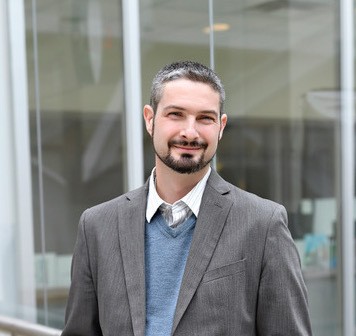
Dr. Stuart Vogel is the director of the University of Ottawa Sleep Research Laboratory.
Dr. Stuart Fogel heads a research team at the sleep laboratory of the Royal Ottawa Institute for Mental Health Research. He conducts experiments on people while they sleep. This is done by attaching brain electrodes to the scalp and monitoring the activity on an EEG machine.
A typical study will involve a participant going to the laboratory for a full night of sleep. The participant’s brain waves get monitored for about eight hours while they are asleep. During this time, Dr. Fogel and his team monitor everything from heart rate to complex brain waves that show up on different monitors in the lab.
The brain waves are documented in the form of graphs and Dr. Fogel’ team search for clues in the data to learn how memory works in the brain. They do this by analyzing the brainwave data and correlating it with data that is already contained within their system.
Dr. Vogel thinks that the greatest challenge in his research is highlighting the benefits of sleep. In our busy lives, there are so many things that are put to the forefront instead of sleep.
Dr. Fogel, a professor at the Ottawa Sleep Research Laboratory has the mission to uncover exactly how our brain processes and classifies memories for later recall.
Dr. Fogel’s studies take place in a time where the average Canadian gets less than seven hours of sleep per night. The consequences of this lack of sleep are far greater than feeling a little dozy during the day or not quite operating at one’s full potential.
A lack of sleep will make it very hard for you to retain information. Sleep deprivation decreases your ability to synthesize memories.
Studies that have been conducted at the Ottawa Sleep Research Laboratory are beginning to indicate that the lack of sleep in western societies is leading to an ever-increasing occurrence of dementia.
Sleep Spindles
Sleep spindles are short bursts of electrical current in the brain that take place during sleep. Sleep spindles occur in the hippocampus. Dr. Vogel theorizes that during the bursts, memories from the previous day get transferred to the prefrontal cortex, where they become longterm memories.The majority of Fogel’s research has been spent documenting “sleep spindles” which are bursts of brain activity that can be measured on an electroencephalogram (EEG). These bursts of brain activity occur during deep sleep. The Electroencephalogram captures the short two second electrical pulses that can happen up to 1,000 times per night.
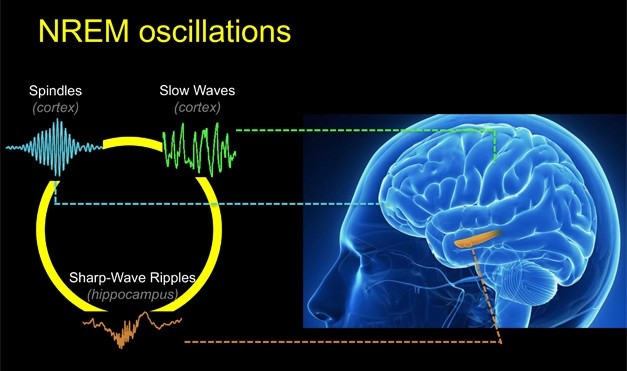
spindles are short bursts of electrical current in the brain that take place during sleep. Sleep spindles occur in the hippocampus. Dr. Vogel theorizes that during the bursts, memories from the previous day get transferred to the prefrontal cortex, where they become longterm memories.
Scientists believe that during spindles, memories are transferred from the hippocampus to the prefrontal cortex. The hippocampus contains mostly short-term memories. During the spindle events in deep sleep, memories get transferred from the hippocampus to the prefrontal cortex. The prefrontal cortex acts kind of like a hard drive for your memories.
From the prefrontal cortex, we can access memories, and they aid us in making informed decisions whether it’s next week, in a year, or in five years from now.
Adequate amounts of nightly sleep ensure that the brain has enough time to “clean up” the hippocampus. Fogel theorizes that the brain does this cleaning during sleep spindles that show up as short bursts of activity on the EEG graph.
When you deprive yourself of sleep, it’s not like your brain compensates and you have the same amount of spindles within a shorter amount of time. If you are sleep deprived, your brain will produce fewer spindle events.
Therefore, if you are sleep deprived, what you learn during the day may not get synthesized adequately and you’ll end up forgetting or having to relearn things from the previous day. Think about the importance of this for teenagers attending high school or young adults going to university. With so many distractions like streaming videos and texting, it is so easy to get sidetracked when its time to sleep. Recently, more and more of us have been undervaluing the importance of sleep, so we end up sleep deprived, and unable to fully retain information from the previous day.
What an evening at Fogel’s Sleep Laboratory looks like…
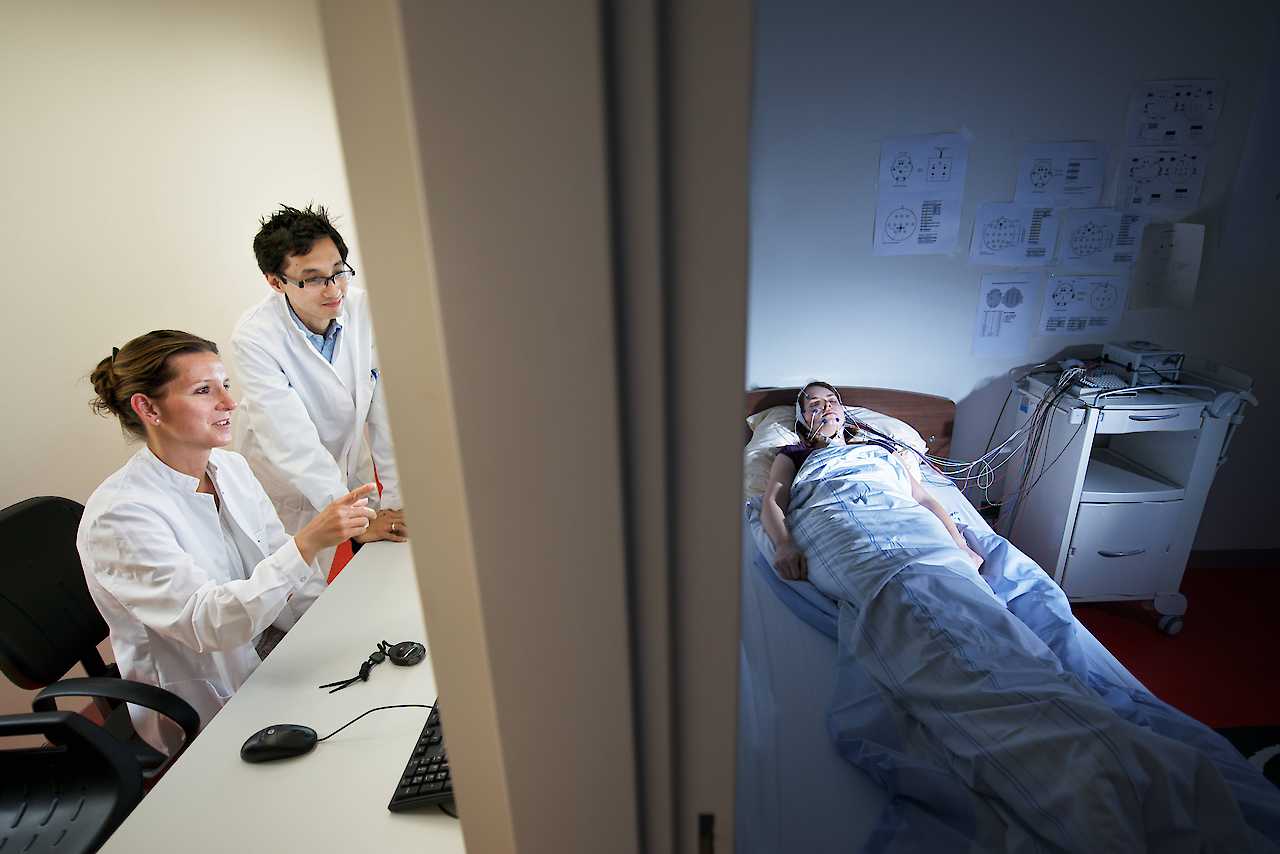
Sleep scientists on Dr. Vogel’s research team observe sleep spindles on an EEG machine at the laboratory.
During a recent study, Dr. Fogel had two participants stay for the night at the Royal Ottawa Institute for Mental Health Research. The participants were both male and aged 23 and 60. The 60-year-old participant was what Fogel calls an optimum ageing adult. This is a person with a good diet, a healthy lifestyle and no major health issues.
The participants were asked to type a series of numbers repeatedly on a keyboard. They had to type the numbers 41324 as fast as possible until they were asked to stop. During the 10-minute test, a researcher on Vogel’s team measured the efficiency and speed at which each participant typed the sequence of numbers.
After this test, several electrodes were connected to the participants to measure everything from eye movements, muscle activity, heart rate, breathing and brain traces. The data would be recorded onto Royal Ottawa’s state-of-the-art MRI and EEG machines.
During the night, the 23-year old’s sleep was uninterrupted. In other words, he slept like a log. The sixty-year-old participant kept drifting in and out of deep sleep and experienced some mild insomnia.
The 60-year-old’s sleep spindles were not as frequent or as intense as the 23-year old’s sleep spindles. This might explain the reason for which younger people are more adept to learning large quantities of information and less prone to forgetting things. But, then again, this depends largely on the individual.
Vogel’s research does shed light on the possibility that a lack of sleep may cause dementia, but the tests and research are inconclusive, as there is no hard evidence to support the link between sleep deprivation and dementia. However, what he has uncovered seems to demonstrate that sleep deprivation can wreak havoc on learning ability and memory.
The very next day…
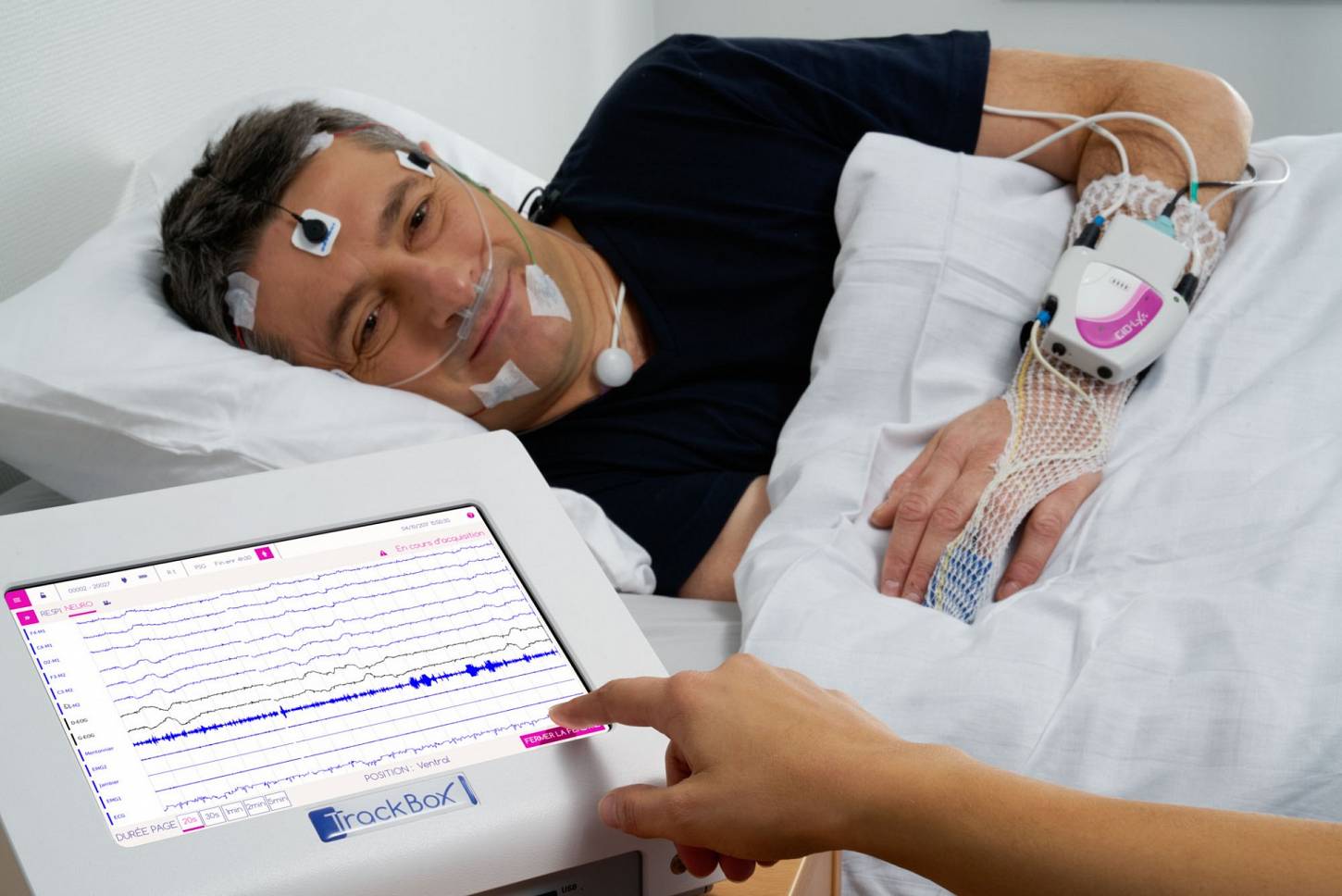
So the study involving the 23 and 60-year-old males indicate that a good night of sleep is essential to learning and muscle memory but seems to have a less notable impact as people get older. But that isn’t to undermine the effectiveness of adequate sleep. The 60-year-old participant might have performed a lot worse, had he been sleep deprived.
An Epidemic of Sleep Deprivation
On average, Canadians are getting around an hour less sleep than they did in 2005 according to Statistics Canada. Fogel’s Research aims to shed light on the importance of getting sufficient sleep. Fogel hopes that his findings will motivate people to attribute more importance to sleep and value it as much as having a good diet and exercising. The end goal is to curb the prevalence of dementia that has been on a slow and steady rise since the mid-90s.

